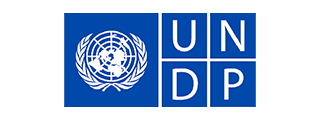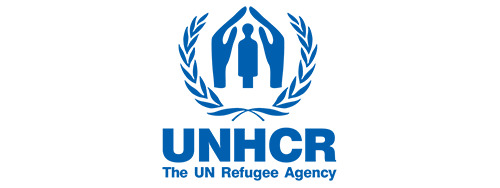and find out about our work
Our Approach
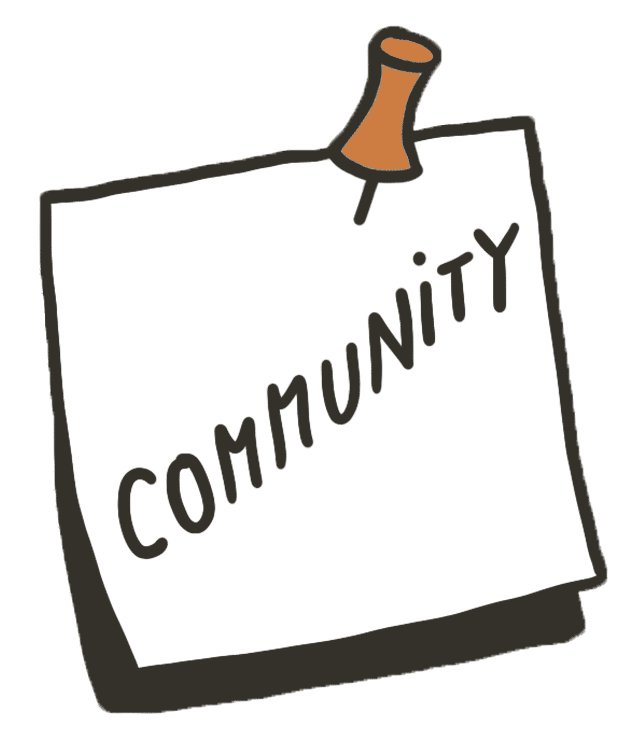
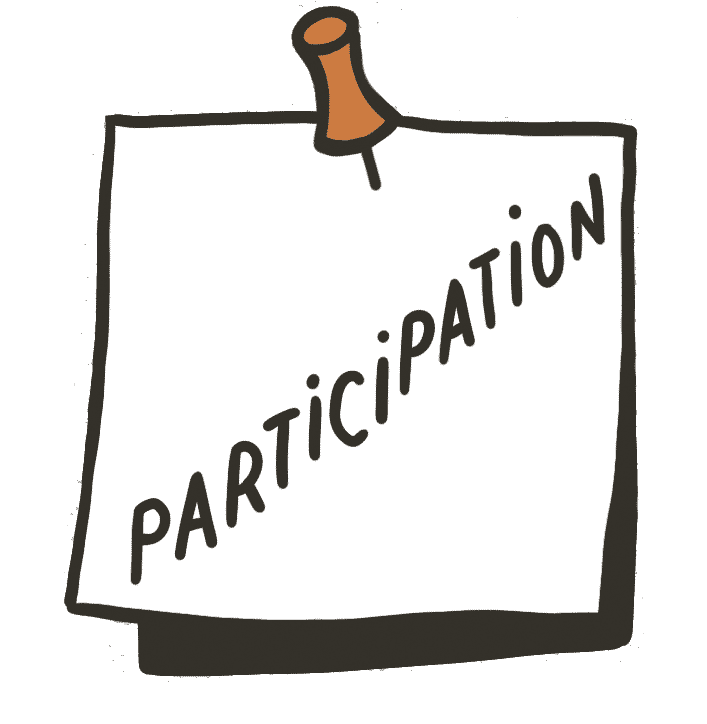
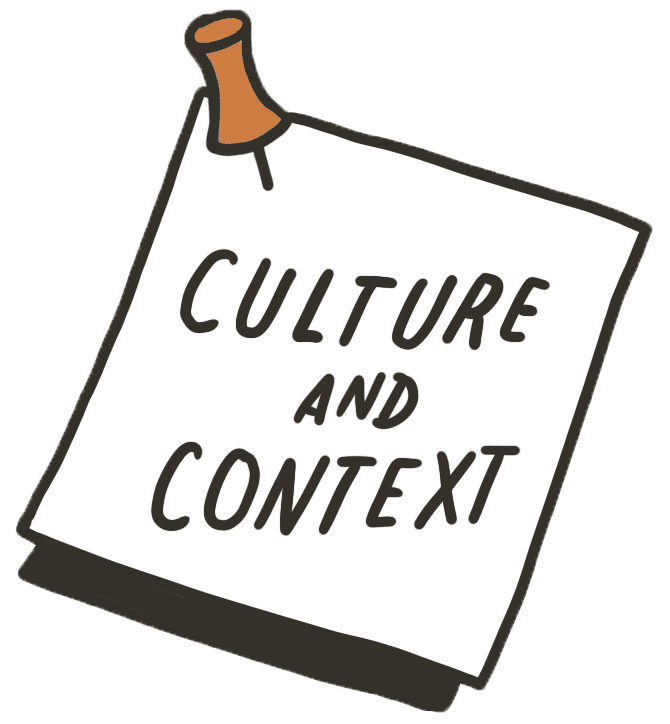
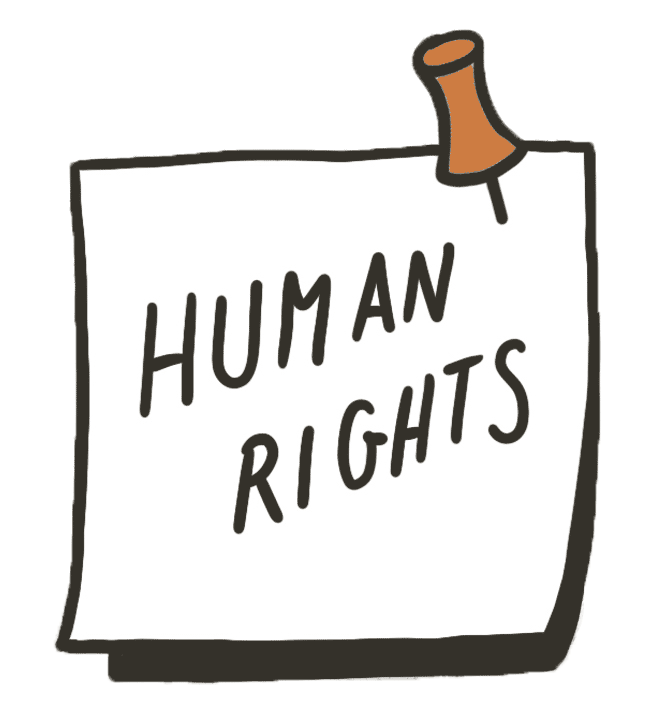
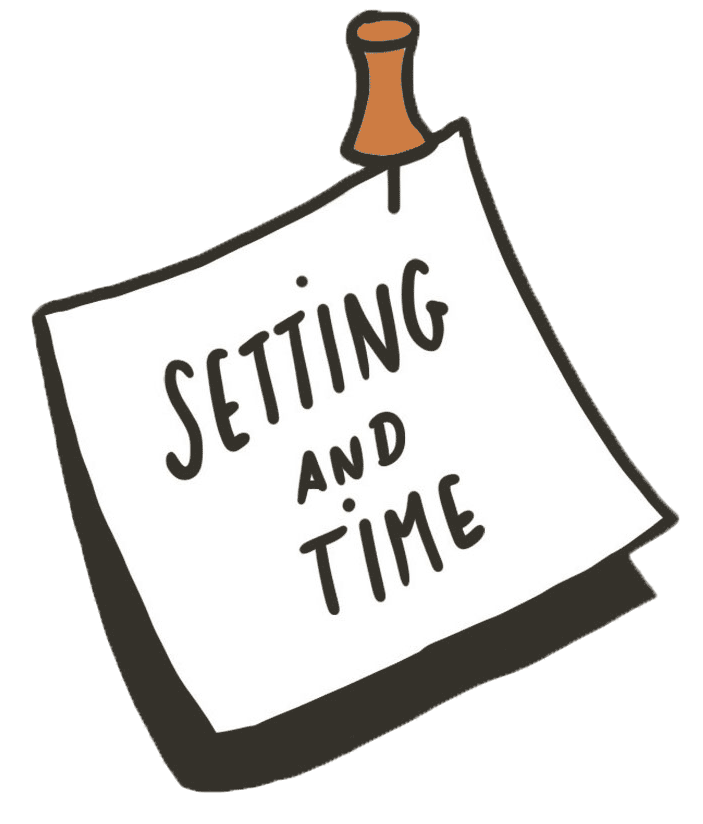
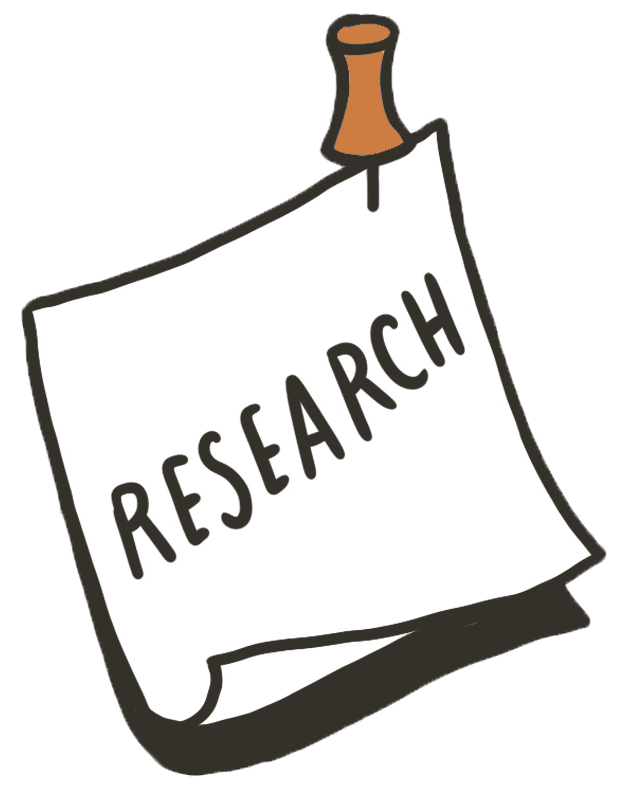
Our Topics
We have put the topics of wellbeing and mental health, life under the impacts of climate change and social development through access to renewable energy at the core of our organisational purpose.
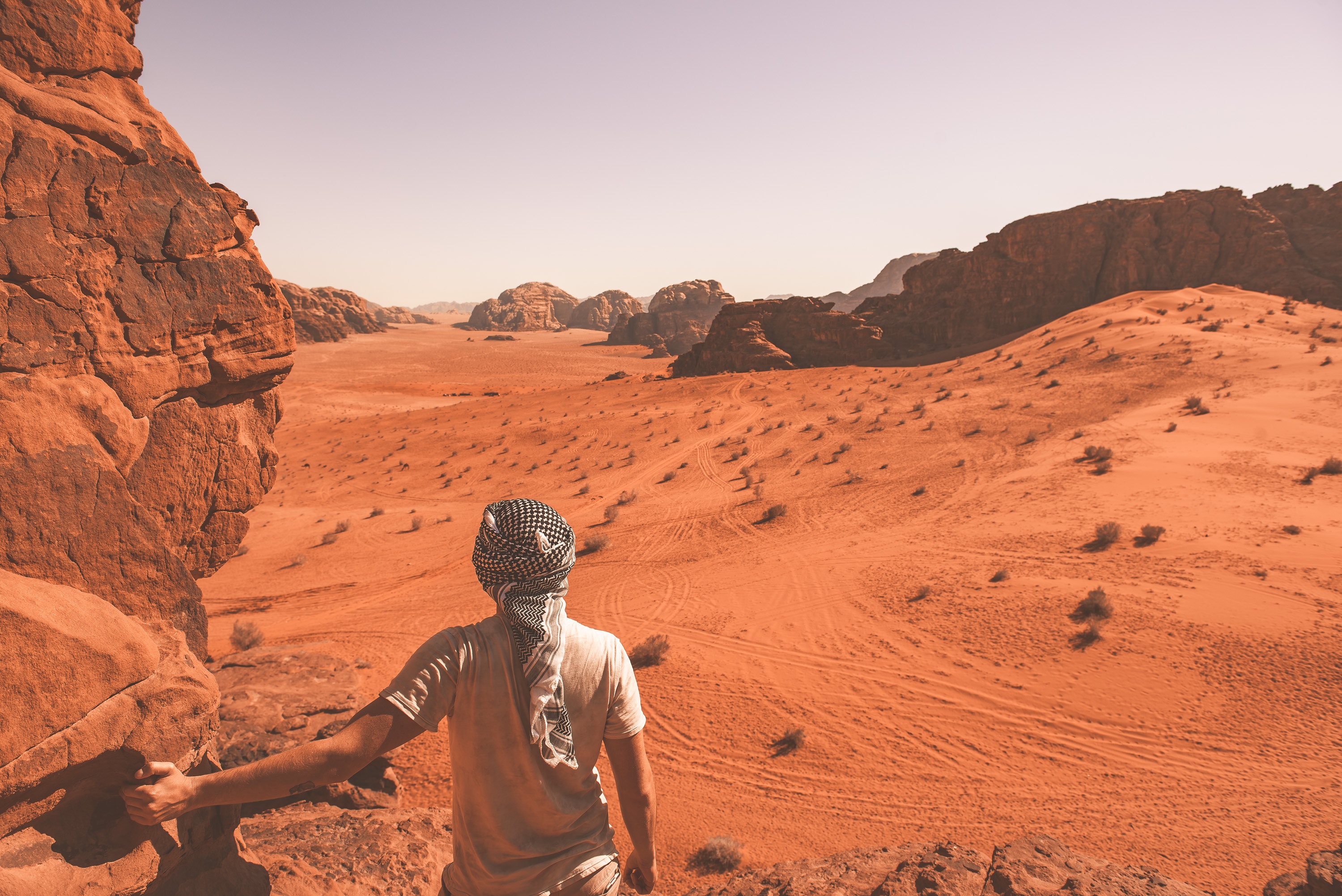
Our Projects
Find out more by clicking on the pins of the map!
Germany
People with migration background take part in guided peer support groups more…
Mayotte
Involving local communities for access to energy and social development more…
Madagascar
Communities on the Water-Energy-Food-Nexus for social development more…
Sierra Leone
Communities on biomass and sun energy for energy, water and social development more…
Kenya
Communities on sustainable and urban mobility for social development more…

Iraq
Strengthening of mental health and building of connections with respect and concern in the community at our community center in Mosul more…

Uganda
Jointly with refugee-led organisations, needs and priorities are being worked out and pathways to improve the circumstances in refugee camps are being co-designed

Rwanda
Jointly with refugee-led organisations, needs and priorities are being worked out and pathways to improve the circumstances in refugee camps are being co-designed

South Sudan
Jointly with refugee-led organisations, needs and priorities are being worked out and pathways to improve the circumstances in refugee camps are being co-designed
Writings
Read and get inspired!





